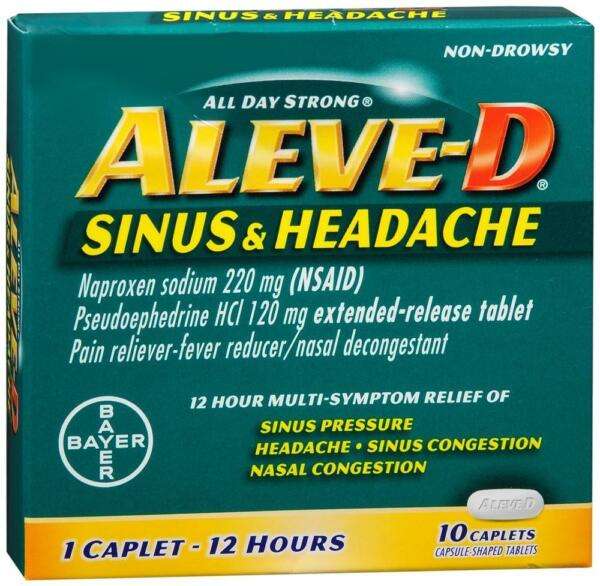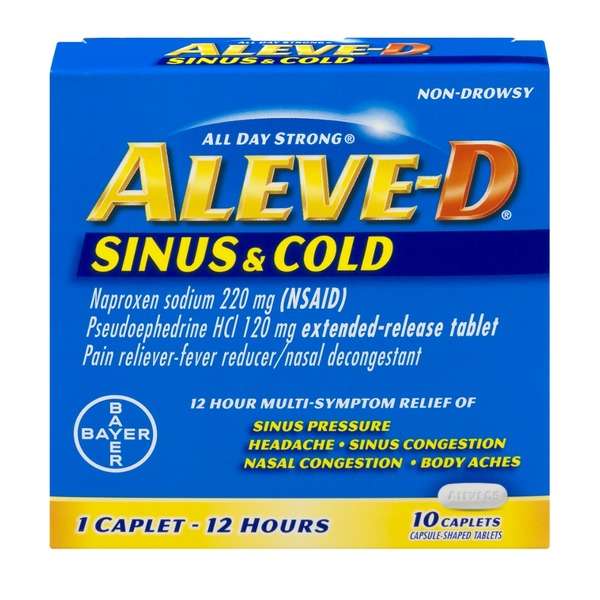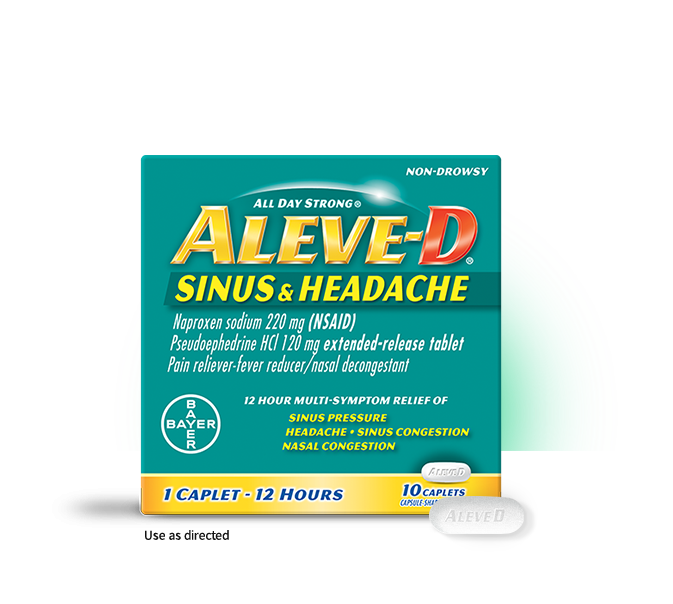What Are Some Side Effects That I Need To Call My Doctor About Right Away
WARNING/CAUTION: Even though it may be rare, some people may have very bad and sometimes deadly side effects when taking a drug. Tell your doctor or get medical help right away if you have any of the following signs or symptoms that may be related to a very bad side effect:
- Signs of an allergic reaction, like rash hives itching red, swollen, blistered, or peeling skin with or without fever wheezing tightness in the chest or throat trouble breathing, swallowing, or talking unusual hoarseness or swelling of the mouth, face, lips, tongue, or throat.
- Weakness on 1 side of the body, trouble speaking or thinking, change in balance, drooping on one side of the face, or blurred eyesight.
- Shortness of breath, a big weight gain, or swelling in the arms or legs.
- Chest pain or pressure.
- Stomach pain or heartburn.
- Upset stomach or throwing up.
These are not all of the side effects that may occur. If you have questions about side effects, call your doctor. Call your doctor for medical advice about side effects.
You may report side effects to the FDA at 1-800-332-1088. You may also report side effects at https://www.fda.gov/medwatch.
How Do I Store And/or Throw Out Aleve
- Store at room temperature.
- Store in a dry place. Do not store in a bathroom.
- Keep all drugs in a safe place. Keep all drugs out of the reach of children and pets.
- Throw away unused or expired drugs. Do not flush down a toilet or pour down a drain unless you are told to do so. Check with your pharmacist if you have questions about the best way to throw out drugs. There may be drug take-back programs in your area.
What Do I Need To Tell My Doctor Before I Take Aleve
For all patients taking Aleve-D Sinus & Headache :
- If you have an allergy to pseudoephedrine, naproxen, or any other part of Aleve-D Sinus & Headache .
- If you are allergic to Aleve-D Sinus & Headache any part of Aleve-D Sinus & Headache or any other drugs, foods, or substances. Tell your doctor about the allergy and what signs you had.
- If you have taken certain drugs for depression or Parkinson’s disease in the last 14 days. This includes isocarboxazid, phenelzine,tranylcypromine, selegiline, or rasagiline. Very high blood pressure may happen.
- If you are taking any other NSAID.
- If you are pregnant or may be pregnant. Do not take Aleve-D Sinus & Headache if you are in the third trimester of pregnancy. You may also need to avoid Aleve-D Sinus & Headache at other times during pregnancy. Talk with your doctor to see when you need to avoid taking Aleve-D Sinus & Headache during pregnancy.
Children:
- If your child is younger than 12 years of age. Do not give Aleve-D Sinus & Headache to a child younger than 12 years of age.
This is not a list of all drugs or health problems that interact with Aleve-D Sinus & Headache .
Tell your doctor and pharmacist about all of your drugs and health problems. You must check to make sure that it is safe for you to take Aleve-D Sinus & Headache with all of your drugs and health problems. Do not start, stop, or change the dose of any drug without checking with your doctor.
Recommended Reading: What To Do If I Have A Sinus Infection
Over The Counter Painkillers
Taking painkillers might not tackle the cause of your sinus headache, but it will give you temporary pain relief. Over-the-counter painkillers are an easy solution because they are readily available and effective. Medications such as acetaminophen and ibuprofen can give you the pain relief that you need. Make sure to use them according to the label so that you can ensure youâre using them safely.
Read Also: How To Get Over A Sinus Infection
Feel Like Your Sinuses Are

What are the symptoms of a sinus headache? Collene lawhorn, phd, is a neuroscientist and researcher specializing in neuropain. Heres how medication, home remedies, and pressure points can all help you find relief. Sinus headaches are often confused with chronic or migraine headaches. Learn more about sinus headaches, home remedies, and traditional treatments. Sinus headaches are caused by congested sinuses that put pressure on the areas behind your eyes, nose, cheeks, and forehead. They happen when the sinus passages located. So, you& aposve got a headache, but it& aposs not just any headacheyou feel the pain d. Sinus headaches occur when the sinus passages behind your eyes, nose, cheeks, and forehead are congested. The pain and stiff joints caused by arthritis can make it difficult to enjoy everyday activities. Theyre often confused with migraine. Usually, the telltale headache occurs on one side of the head, though it can impact both sides and/or the area behind ones eye. Sinus headaches usually are caused by sinus infections and/or inflammation, allergies, colds, or upper respiratory infections.
Read Also: Aspire Allergy And Sinus Austin
I Know What It Is Now What
Once you understand the checklist youll have a much better idea of which category you fall into. Of course, youll want to confirm this with your doctor for an official diagnosis. If you think that you are one of the majority and that your sinus headaches are actually migraine then its time to see a headache specialist. The good news is that with good treatment and support from a specialist you can significantly improve your condition.
Many people with headaches and sinus complaints self-treat with over the counter medications like ibuprofen or acetaminophen/paracetamol. In most cases, migraine-specific medication and personalized strategies are far more effective.
A range of treatment options are available depending on the severity and frequency of your headaches.
One of the most effective types of medicinal migraine treatments are called the triptans. Ninety-two percent of people from the SAMS study were candidates for triptans, but only 12% were using them.
Triptans require a doctors prescription and can be very useful if headaches are not very frequent. For more severe and frequently recurring cases there are preventative treatment options which help prevent attacks before they occur. There are medicinal and non medicinal preventives which you should explore with your doctor.
A word of caution: migraine overall is poorly managed.
Many people still havent been diagnosed. Fewer receive quality treatment.
IF YOU HAVE MIGRAINE DO THIS NEXT BEFORE THINGS GET WORSE
What Is Aleve Sinus & Headache
Naproxen is a nonsteroidal anti-inflammatory drug . Pseudoephedrine is a decongestant.
Aleve Sinus & Headache is a combination medicine used to treat stuffy nose, sinus congestion, headache, fever, and minor aches and pains caused by the common cold or flu.
Aleve Sinus & Headache may also be used for purposes not listed in this medication guide.
You May Like: Fastest Way To Get Rid Of Sinus Pressure
Stop Use And Ask A Healthcare Provider If
- An allergic reaction occurs, seek medical attention immediately
- You get nervous, dizzy or sleepless
- You have nasal congestion that lasts more than 7 days
- Your symptoms continue or get worse
- You have trouble swallowing or you feel like the caplet is stuck in your throat
- New or unexpected symptoms occur
- You have stomach pain that begins while taking this product or mild stomach problems that do not go away
- You have a fever that lasts longer than 3 days
How Is This Medicine Best Taken
Use Aleve-D Sinus & Headache as ordered by your doctor. Read all information given to you. Follow all instructions closely.
- Take with or without food. Take with food if it causes an upset stomach.
- Take with a full glass of water.
- Swallow whole. Do not chew, break, or crush.
What do I do if I miss a dose?
- If you take Aleve-D Sinus & Headache on a regular basis, take a missed dose as soon as you think about it.
- If it is close to the time for your next dose, skip the missed dose and go back to your normal time.
- Do not take 2 doses at the same time or extra doses.
- Many times Aleve-D Sinus & Headache is taken on an as needed basis. Do not take more often than told by the doctor.
Don’t Miss: What Will The Doctor Do For A Sinus Infection
Natural Sinus Headache Remedies
Some people prefer to go the natural route when treating a sinus headache. Most herbal solutions for nasal pain and congestion work by helping to prevent an infection . So the goal should be five lifestyle changes that can help keep an infection from developing and prevent what feels like your next sinus headache.
How To Get Rid Of A Sinus Infection In 24 Hours Or Fast
Days of dry weather are coming. The chances to get a sinus infection increases in dry weather. Even a simple cold can turn into a sinus infection. Once you get it, the symptoms will make the days miserable, especially if you have to attend the office. You feel like an outcast among the colleagues if the nose keeps running and sneezing. In this situation, the thing that you want to know the most is how to get rid of a sinus infection fast? But its not always easy to do that.
Also Check: Natural Nasal Spray For Sinus Infection
Read Also: What Can Cause A Sinus Headache
What Other Drugs Will Affect Aleve Sinus & Headache
Ask your doctor before using Aleve Sinus & Headache if you take an antidepressant. Taking certain antidepressants with an NSAID may cause you to bruise or bleed easily.
Ask a doctor or pharmacist before using Aleve Sinus & Headache with any other medications, especially:
-
a blood thinner
-
heart or blood pressure medication, including a diuretic or “water pill” or
-
steroid medicine .
This list is not complete. Other drugs may affect Aleve Sinus & Headache, including prescription and over-the-counter medicines, vitamins, and herbal products. Not all possible drug interactions are listed here.
How Many Aleve Can I Take

Take one tablet, caplet, gelcap or liquid gel every 8 to 12 hours while symptoms last. For the first dose, you may take 2 pills within the first hour.
Do not exceed more than 2 tablets, caplets, gelcaps or liquid gels in 12 hours, and do not exceed 3 tablets, caplets, gelcaps or liquid gels in 24 hours. The smallest effective dose should be used. Drink a full glass of water with each dose.
Do not take for more than 10 consecutive days for pain or 3 days for fever, unless directed by a doctor.
Whats the dose for children under 12?
Do NOT give this product to children under age 12, except under the advice and supervision of a doctor.
For how many days can I take Aleve?
Do not take for more than 10 consecutive days for pain or 3 days for fever unless directed by a doctor.
Recommended Reading: Why Does My Sinus Smell Bad
You May Like: What Medicine Should I Take For A Sinus Infection
How Can I Tell If I Have A Sinus Infection Cold Or Nasal Allergy
It can be difficult to tell the difference between a cold, allergies, and a sinus infection. The common cold typically builds, peaks, and slowly disappears. It lasts a few days to a week. A cold can transform into a sinus infection. Nasal allergy is inflammation of the nose due to irritating particles . Symptoms of a nasal allergy can include sneezing, itchy nose and eyes, congestion, runny nose, and post nasal drip . Sinusitis and allergy symptoms can happen at the same time as a common cold.
If you are fighting off a cold and develop symptoms of a sinus infection or nasal allergy, see your healthcare provider. You will be asked to describe your symptoms and medical history.
How Can I Prevent Sinusitis
Some of the home remedies used to treat sinus infections symptoms may help prevent sinusitis. These include rinsing your nose out with salt water and using medications that your provider might suggest, such as allergy medications or steroid nasal sprays.
You should avoid things you are allergic to, like dust, pollen or smoke, and try to avoid sick people. Wash your hands to reduce your chance of getting a cold or flu.
Read Also: Do Antibiotics Work On Sinus Infections
Start Ada Symptom Checker
Ada Health is to be used for educational purposes only. It is not intended to diagnose or treat medical conditions. It is recommended you consult your healthcare provider regarding your symptom assessment outcome. If your condition does not improve or worsens, consult your physician right away.
Continue >
Treatment Options For Sinusitis
Most of the treatment options for sinusitis and sinus headaches are intended to give temporary relief from the symptoms when they occur:
- Painkillers
- Mediation to reduce the inflammation
- Using a humidifier or nasal spray
- Drinking plenty of fluids
Although these treatments can help, they arent always effective for chronic sinusitis and they wont prevent your symptoms from coming back. If you often suffer from sinus infections or sinus headaches, you might be looking for a more permanent treatment.
Permanent cures for chronic sinusitis and sinus headaches are sometimes possible, but it can depend on the reasons why you are affected.
- If your sinusitis is linked to allergies, then you can try allergy testing to find out the cause and then take steps to avoid the trigger. Although this wont always be enough to prevent your symptoms from coming back, it can make a big difference.
- If your symptoms are linked to infections, then simple steps such as washing hands regularly and getting a flu shot can reduce the chances youll be affected again.
- If there is a physical reason why you are more susceptible to sinusitis, it may be possible to correct it surgically and prevent sinus problems in the future.
Read Also: Medicine To Treat Sinus Pressure
Treat Sinus Pain With Humidity
Dry, thick mucus in your nose and sinus passages can form crusts that block sinus drainage and trap viruses and other particles. Increasing humidity and getting more fluid into your body can help your mucus thin out and get moving again, says Dr. Das. Some natural ways to get your sinuses draining and relieve sinus pressure include drinking plenty of fluids using a humidifier avoiding cold, dry air taking plenty of steamy showers and drinking a cup of hot tea or soup.
How To Treat A Sinus Infection At Home
You can effectively treat sinus infections at home with over-the-counter medicines or one or more home remedies.
Dethlefs recommends, Drink plenty of water, use Vicks vapor rub on chest and bottoms of feet, rest and sleep and humidifier. One thing I like to do when my family is sick is boil water on the stove and melt Vicks vapor rub in it. Then pour solution in ice cube trays and freeze. Add 1-2 ice cubs to bottom of shower.
OTC medicines that may improve symptoms of a sinus infection include:
- Nasal decongestant sprays help reduce swelling in the nasal passages to promote drainage flow from the sinuses. This sinus infection treatment should only be used for three to four days to reduce the risk of rebound congestion.
- Nasal corticosteroid sprays help reduce swelling and inflammation in the nasal passages without causing rebound congestion.
- Antihistamines remain particularly helpful for those whose nasal passages become inflamed and swollen due to seasonal allergies.
- Nasal saline washes and rinses help clear mucus from the nasal passages to promote easier breathing.
Your doctor may also prescribe antibiotics if OTC medicines fail to relieve your symptoms within seven to 10 days. Antibiotics are usually only prescribed as a last-resort treatment for sinus infections due to the risk of overuse, which may lead to other difficult-to-treat infections.
Home remedies for sinus infection include:
Recommended Reading: Sinus Infection For 3 Weeks
When To Seek Medical Care
See a doctor if you have:
- Severe symptoms, such as severe headache or facial pain.
- Symptoms that get worse after initially improving.
- Symptoms lasting more than 10 days without improvement.
- Fever longer than 3-4 days.
You should also seek medical care if you have had multiple sinus infections in the past year.
This list is not all-inclusive. Please see a doctor for any symptom that is severe or concerning.
Other conditions can cause symptoms similar to a sinus infection, including:
- Seasonal allergies
How Are They Treated And Prevented

Sinus headaches are often confused with chronic or migraine headaches. A migraine is an intense headache that can last for hours. Sinus headaches are caused by congested sinuses that put pressure on the areas behind your eyes, nose, cheeks, and forehead. Heres what experts have to say. Heres how medication, home remedies, and pressure points can all help you find relief.
Don’t Miss: Best Cure For Sinus Infection